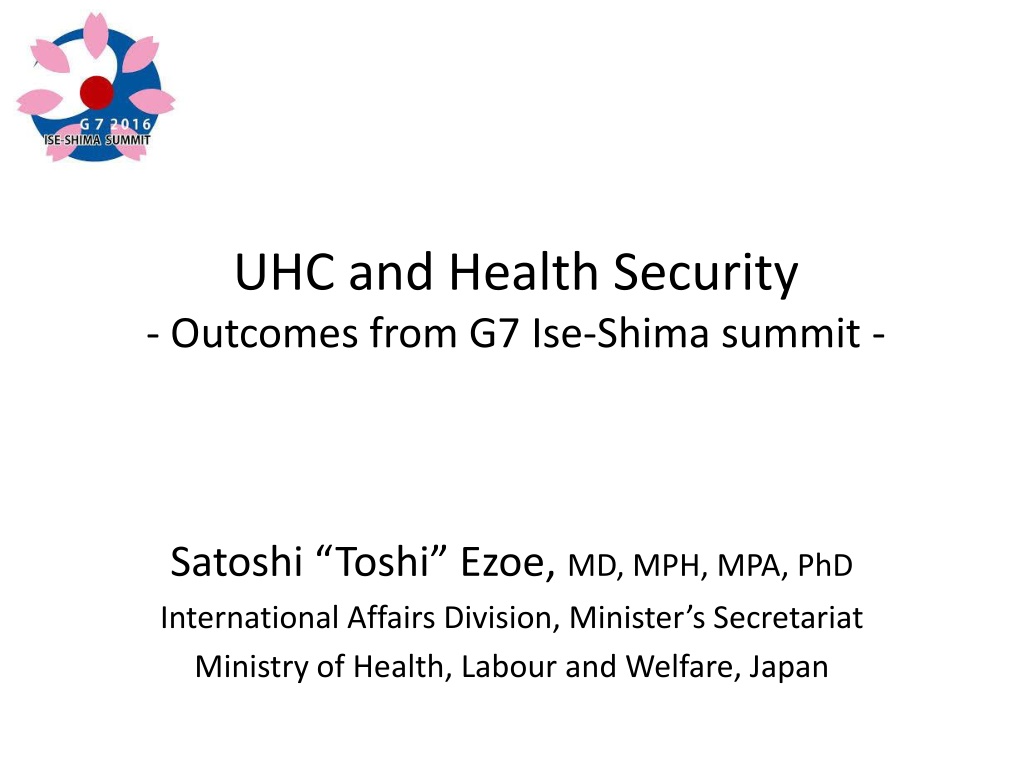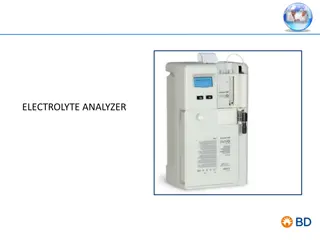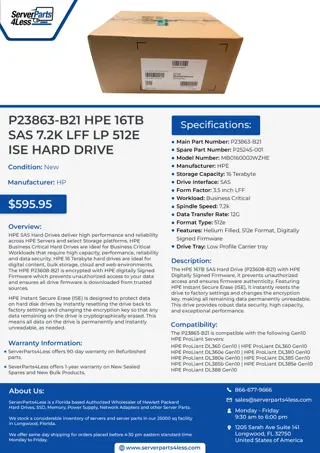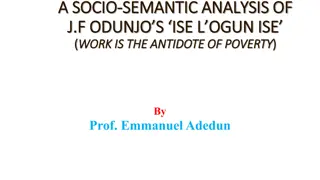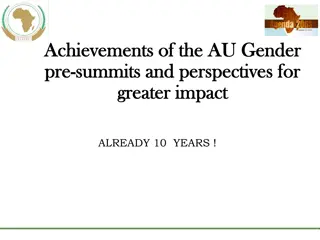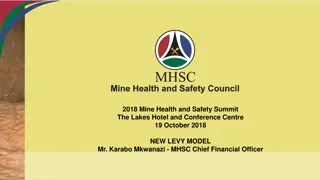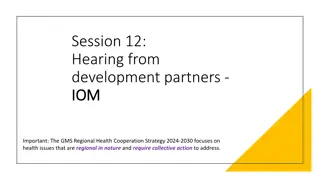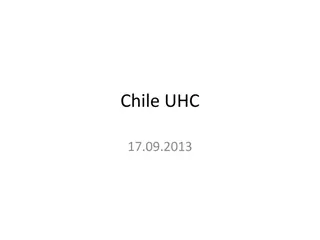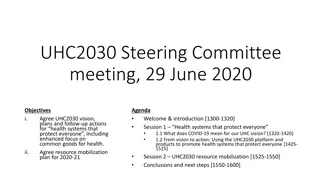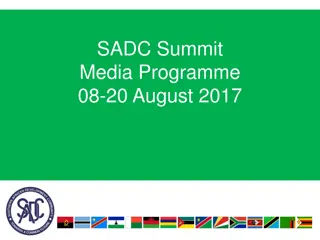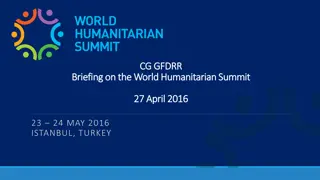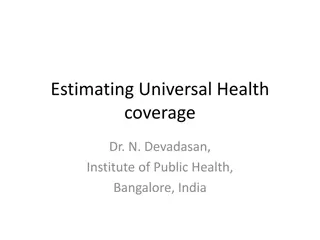G7 Ise-Shima Summit Outcomes on UHC and Health Security
Highlights from the G7 Ise-Shima Summit in 2016 include a commitment to strengthen response to public health emergencies, promoting Universal Health Coverage (UHC), and reinforcing the global health architecture. The leaders emphasized learning from past crises like Ebola, enhancing preparedness, and supporting the World Health Organization (WHO) in implementing emergency reforms. The focus is on advancing compliance with the WHO's International Health Regulations (IHR) and improving prevention and preparedness against public health emergencies.
- G7 Summit
- Health Security
- Universal Health Coverage
- Public Health Emergencies
- Global Health Architecture
Download Presentation

Please find below an Image/Link to download the presentation.
The content on the website is provided AS IS for your information and personal use only. It may not be sold, licensed, or shared on other websites without obtaining consent from the author. Download presentation by click this link. If you encounter any issues during the download, it is possible that the publisher has removed the file from their server.
E N D
Presentation Transcript
UHC and Health Security - Outcomes from G7 Ise-Shima summit - Satoshi Toshi Ezoe, MD, MPH, MPA, PhD International Affairs Division, Minister s Secretariat Ministry of Health, Labour and Welfare, Japan
Health security for all towards the achievement of the SDGs: Drawing the lessons from Ebola, enhance better preparedness for future public health emergencies G7 Ise-Shima Summit in 2016 Health Agenda Objectives Key messages G7 Ise-Shima Vision for Global Health The G7 leaders commit to: 1 Leveraging lessons from the Ebola crisis, lead the strengthening of response to public health emergencies by the international community. Reinforcing the global health architecture to strengthen response to public health emergencies Promote R&D and innovation in all areas 2 Further promote UHC, which is a key to address the broader health issues faced by the international community. Attaining UHC with strong health systems and better preparedness 3 Strongly commit to the health-related SDGs as the first G7 Summit Meeting after the adoption of SDGs. Strengthening response to AMR
Reinforcing the global health architecture to strengthen response to public health emergencies 1 Urge and support the WHO, which plays the central role in response to public health emergencies, to implement its emergency and wider reforms Welcome the establishment of funding mechanisms for emergencies, invite support of the international community, and call on coordination among such mechanisms : Contingency Fund for Emergencies for WHO s initial response WB's Pandemic Emergency Facility for pandemic response Invite the international community to review, strengthen, and formalize coordination arrangement in large-scale public health emergencies Enhance prevention and preparedness against emergencies Advancing compliance with the WHO s IHR through relevant initiatives (incl. GHSA), offering concrete assistance Looking forward to discussions with the IOs including the WB such as IDA to mobilize financing for prevention and preparedness
Strengthening of prevention and preparedness against public health emergencies 1) Recognizing recent outbreaks of the Ebola and Zika viruses underscore the imperative to improve prevention of, detection of and response to public health emergencies, whether naturally occurring, deliberate or accidental, remain committed to advancing compliance with the WHO s IHR objectives including through GHSA. 2) In this relation, (i) renew our support to a coordinated approach to offer concrete assistance to 76 countries and regions and support to these partners to develop national plans in close coordination with the WHO and other relevant organizations; (ii) recognizing the primary responsibility of countries to strengthen their IHR core capacities, intend to assist these partners to achieve the common and measurable targets of the Joint External Evaluation (JEE) tool published by the WHO;
Strengthening of prevention and preparedness against public health emergencies (iii) also commit to support, undergo, and share such evaluations with our partners, and call on other countries to join in this collective effort, recognizing that partner coordination is key for efficient IHR strengthening; (iv) in order to scale up the implementation of the IHR and in line with its implementation of the new Health Emergencies Program, encourage the WHO to consider building on already existing structures, such as the Department of Global Capacities Alert and Response and its Lyon office, and the emerging work of the Alliance for Country Assessment for Global Health Security; 3) Recognize the importance of mobilizing financial resources of the relevant international organizations for strengthening preparedness for and prevention of pandemics, and look forward to discussing on the matter with those organizations, including the World Bank such as IDA.
Attaining UHC with strong health systems and better preparedness 2 Promote UHC in developing countries and enhance prevention and preparedness against emergencies Support UHC 2030 as a strengthened international framework to coordinate efforts of relevant stakeholders and various initiatives Discuss with the UNSG about the idea of nominating an envoy for promoting UHC Commit the G7 s effort for strengthening health systems in LIC/LMICs Welcome the WB's and others efforts to promote UHC for Africa/HSS Ensure access to health services through the life course Lead maternal and child health, reproductive health, immunization, polio, etc Promote Active Aging movement, incl. through the forum in Japan
Health security and UHC New dichotomy? (UHC vs Health Security)? Inseparable couple (UHC for Health security & vice versa) Opportunity: leverage political/financial attention to security to advance UHC Prevention/Preparedness as key linkage between UHC and health security UHC 2030 to be a cornerstone for different sector/function including health security
